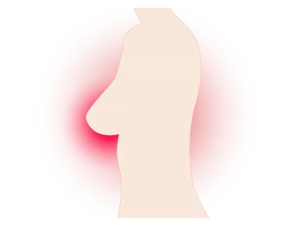Featured Products
Explore Products- In-Stock Tumor Cell Lines
- Human Orbital Fibroblasts
- Human Microglia
- Human Pulmonary Alveolar Epithelial Cells
- Human Colonic Fibroblasts
- Human Type II Alveolar Epithelial Cells
- Human Valvular Interstitial Cells
- Human Thyroid Epithelial Cells
- C57BL/6 Mouse Dermal Fibroblasts
- Human Alveolar Macrophages
- Human Dermal Fibroblasts, Adult
- Human Lung Fibroblasts, Adult
- Human Retinal Muller Cells
- Human Articular Chondrocytes
- Human Retinal Pigment Epithelial Cells
- Human Pancreatic Islets of Langerhans Cells
- Human Kidney Podocyte Cells
- Human Renal Proximal Tubule Cells




 These tumorigenic breast cancer stem cells are notably abundant in cells displaying a CD44+/CD24-/low/epithelial-specific antigen (ESA)+ phenotype. Remarkably, as few as 100 cells exhibiting this specific phenotype have demonstrated the capability to form tumors in mice, while tens of thousands of cells with different phenotypes have failed to generate tumors.
These tumorigenic breast cancer stem cells are notably abundant in cells displaying a CD44+/CD24-/low/epithelial-specific antigen (ESA)+ phenotype. Remarkably, as few as 100 cells exhibiting this specific phenotype have demonstrated the capability to form tumors in mice, while tens of thousands of cells with different phenotypes have failed to generate tumors.